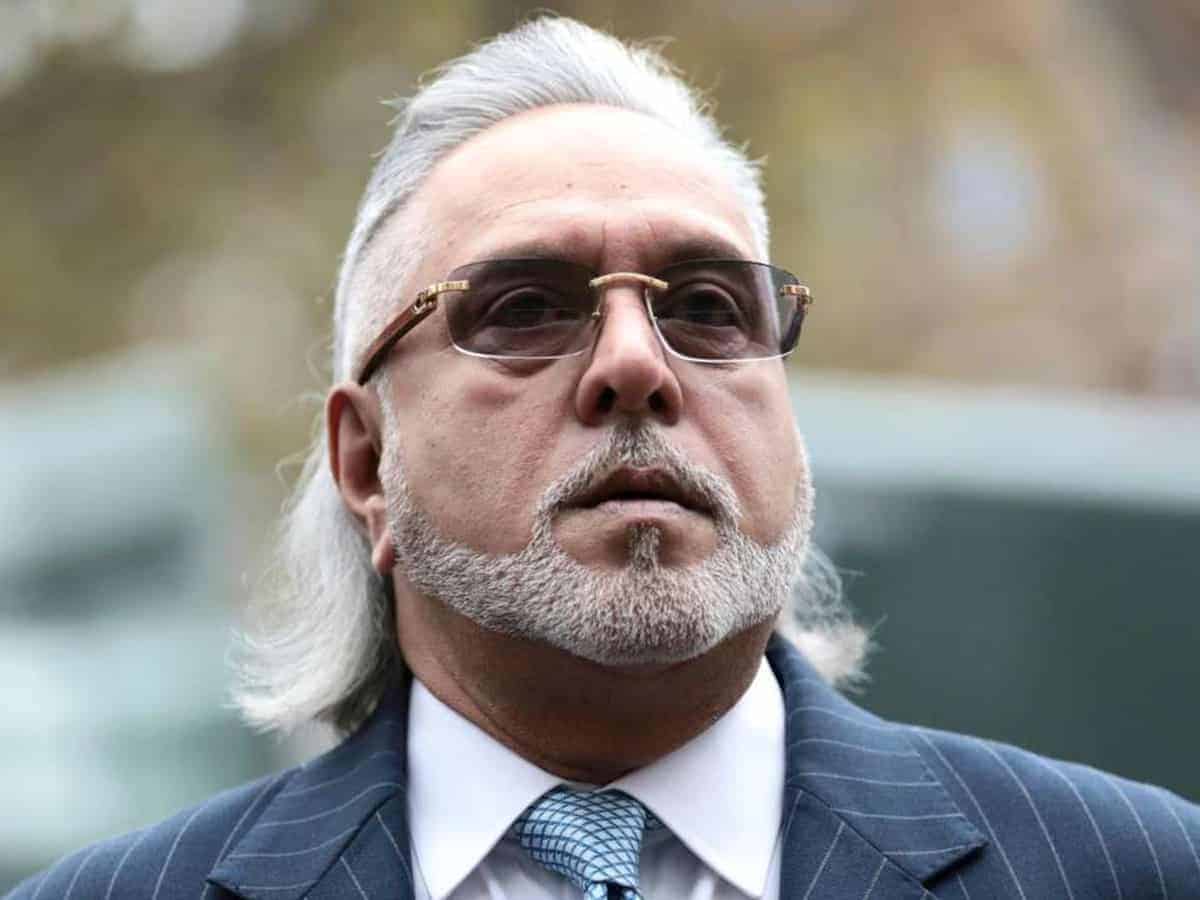London: In a major setback, embattled liquor baron Vijay Mallya on Thursday lost his application seeking leave to appeal in the UK Supreme Court, weeks after the London High Court rejected his appeal against an extradition order to India on charges of fraud and money laundering related to unrecovered loans to his now-defunct Kingfisher Airlines.
The 64-year-old businessman had 14 days to file this application to seek permission to move the higher court on the High Court judgment from April 20, which dismissed his appeal against a Westminster Magistrates’ Court extradition order certified by the UK Home Secretary.
The latest ruling will now go back for re-certification and the process of extradition should be triggered within 28 days.
The UK Crown Prosecution Service (CPS) said Mallya’s appeal to certify a point of law was rejected on all three counts, of hearing oral submissions, grant a certificate on the questions as drafted, and grant permission to appeal to the Supreme Court.
The government of India’s response to the appeal application was submitted earlier this week.
The leave to appeal to the Supreme Court is on a point of law of general public importance, which according to experts is a very high threshold that is not often met.
“The High Court effectively ruled that even if the approach of the Chief Magistrate was wrong, her decision was not wrong. It is therefore clear that Mallya now faces a significant hurdle in getting it to the Supreme Court, said Toby Cadman, co-founder of Guernica 37 International Justice Chambers and an extradition specialist.
As a further step, in principle, Mallya can also apply to the European Court of Human Rights (ECHR) to prevent his extradition on the basis that he will not receive a fair trial and that he will be detained in conditions that breach Article 3 of the European Convention on Human Rights, to which the UK is a signatory.
The threshold for an ECHR appeal is also extremely high, with very limited chance of success in Mallya’s case because he would also have to demonstrate that his arguments on those grounds before the UK courts have been previously rejected.
Therefore, the dismissal of this appeal marks a major turning point for the Central Bureau of Investigation (CBI) and Enforcement Directorate (ED) case against the businessman, who has been on bail in the UK since his arrest on an extradition warrant in April 2017.
The Supreme Court’s ruling came hours after Mallya asked the Indian government to accept his offer to repay 100 per cent of his loan dues and close the case against him.
“Congratulations to the Government for a COVID-19 relief package. They can print as much currency as they want BUT should a small contributor like me who offers 100% payback of State owned Bank loans be constantly ignored?” he said in a tweet.
Mallya, who is wanted in India over alleged fraud and money laundering charges amounting to estimated Rs 9,000 crore, added,”Please take my money unconditionally and close.”
India and the UK have an Extradition Treaty signed in 1992 and in force since November 1993. Two major extraditions have taken place under this Treaty so far Samirbhai Vinubhai Patel, who was sent back to India in 2016 to face trial in connection with his involvement in the post-Godhra riots of 2002, and more recently alleged bookie Sanjeev Chawla, sent back in February this year to face match-fixing charges.

